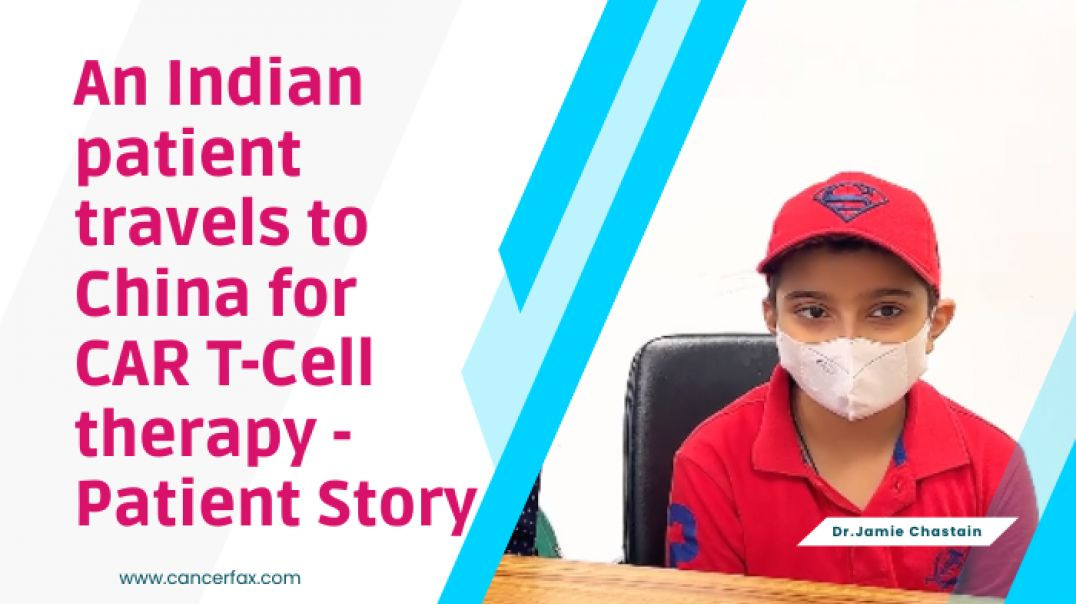The rationale behind exploring adjuvant therapy in low-intermediate risk adrenocortical carcinoma
Alfredo Berruti, MD, University of Brescia, Brescia, Italy, talks on the rationale behind the Adjuvo trial investigating adjuvant therapy with mitotane in patients with adrenocortical carcinoma who are at low-intermediate risk of relapse following surgery. According to retrospective data, approximately 40-70% of patients with adrenocortical carcinoma will inevitably relapse following radical surgery. This produces a need for adjuvant therapy to reduce risk of relapse. The current guidelines follow that only those patients who have high-risk disease undergo adjuvant therapy, with uncertainties surrounding the use of adjuvant therapy in patients who are low-intermediate risk, which provided the rationale for the Adjuvo trial. This interview took place at the American Society of Clinical Oncology (ASCO) Genitourinary Cancers Symposium 2022 in San Francisco, CA.























SORT BY-
Topkommentarer
-
Seneste kommentarer